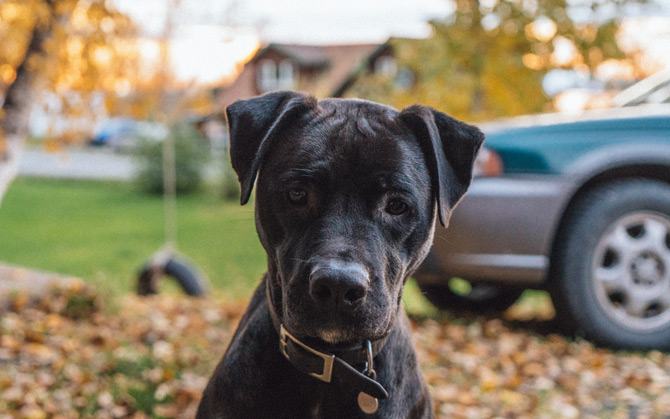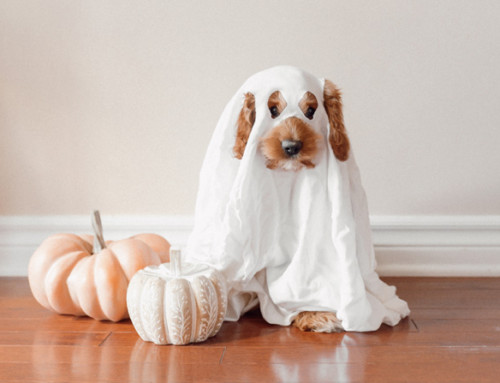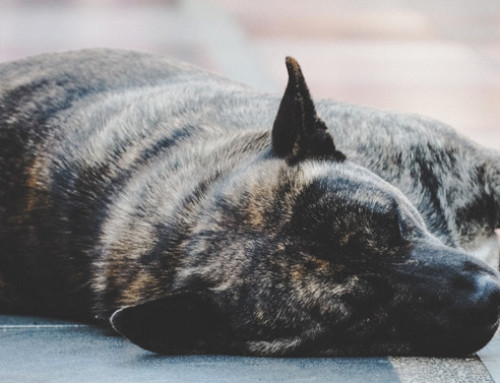When it comes to winter pet care, it’s important to look beyond cosy pet fashion and consider the health and safety of your fur pal. After all, from canine cough to hypothermia, winter poses several serious risks to our furry friends.
Our pets face many hazards during the winter months. Yet, many pet parents are oblivious to the common dangers. As such, PETstock VET Dr Natalia Li is urging pet owners to take action. She is encouraging pet parents to prepare themselves, their households and their pets as we head into the cooler months. By being prepared we can all help keep our barking buddies and meowing mates safe.
What you need to know about winter pet care
According to the Bureau of Meteorology, maximum temperatures from May to June remain slightly warmer than average for large parts of Australia. However, it’s important to keep your fur pal dry, warm and safe from the dangers that wet and cold weather can bring when the temperature does drop.
“Ensure your pet has the correct bedding, coat and general care to help keep them comfortable throughout winter and reduce their risk of suffering a winter-related illness, injury or disease,” says Dr Natalia.
To help raise awareness of chilly season dangers and the importance of winter pet care, Dr Natalia shares her insights on some common winter woes.
Winter travel
“Whether you’re camping or hiking through the great outdoors, remember to always pack winter essentials to help keep your buddy safe. Items in your pack should include a portable water bowl, a spare waterproof coat, pet first aid kit and a towel.
“If your pet is exposed to cold and wet conditions, they may be at risk of developing hypothermia. Symptoms of hypothermia include shivering, lethargy, stiff muscles, stumbling or lack of coordination, collapsing or a low heart rate.
“When exploring in wet weather, monitor your pet closely for any of these symptoms. If you’re heading on a snow adventure, monitor your pet for signs of frostbite, especially in pets that haven’t previously experienced a snowy climate. Pack a sweater or coat, even if your pet is a fluffy breed, as years of domestication may reduce their resilience to the elements. It’s also essential to fit them for snow or regular boots before heading to the snow. Dogs’ paw pads can be incredibly sensitive to freezing grounds if their breed type isn’t built for it.”
Vehicle safety
“We all know the dangers of leaving pets in cars during summer. However, leaving pets in cars for an extended period during winter can also be detrimental to their health. Breeds with thicker coats such as Huskies, Saint Bernard’s, or Golden Retrievers are built to withstand cooler climates. Whereas, French Bulldogs, Dachshunds or Greyhounds are less protected due to their thin coat and are more likely to become hypothermic.”
Kennel cough
“Just like humans, dogs are more prone to sicknesses in the cooler months. Canine Infectious Tracheobronchitis, AKA kennel cough, is a highly infectious respiratory disease. It is often spread through boarding facilities, dog parks or other areas where dogs are exposed to one another. Symptoms of kennel cough include goose-like honking noises or consistent sounds of choking or gagging.
“Kennel cough is treated through cough medication and sometimes antibiotics in more serious cases. It is more commonly found in unvaccinated puppies under the age of six months. However, fully vaccinated dogs can still get kennel cough in high-risk areas or if they are immunocompromised. The purpose of the vaccine is to dramatically reduce their symptoms if they contract it. If your pet develops symptoms, seek medical advice immediately.”
Beware of winter sun
“Even during winter pets are exposed to the sun, which can lead to sunburn or harmful sun-induced skin diseases or cancer. Pet owners should carry pet-friendly sunscreen on all daily walks during winter. This is especially necessary for breeds with light coloured or thin coats that are more susceptible to the sun. Pet owners should apply sunscreen regularly to exposed areas. Also, get your pooch to don a winter jacket for added protection. PETStock has a great range of stylish coats for dogs of all shapes and sizes!”
Indoor heating and fireplaces
“When it comes to winter pet care, it’s essential to be aware of the dangers of indoor heaters and open fireplaces. If you have a safe heating system, remember to keep it at a mild temperature when leaving your home. This will help prevent your pet from suffering from heat exhaustion in your absence.
“If you regularly use a fireplace during winter, ensure the iron guard is placed over the fireplace when your pet is indoors.
“Candles also pose a risk to pets, especially for curious cats or inquisitive dogs that might be drawn to the flame or scent. Never leave your pet unattended in a room with a candle. Plus, always remember to blow it out when leaving your home and your pet. Also, beware of any hot wax left in a recently blown-out candle!”
Winter pet grooming
“A pet’s winter coat can hide trouble, such as lumps, bumps or sores. Whether you have a dog, cat, rabbit or guinea pig, regular brushing will help you identify fleas and prevent matting. When brushing, carefully examine your pet’s skin for any unwanted illnesses. Avoid giving your pet a full trim during the winter months to help keep them warm and cosy.”
How will you help keep your pet safe this winter?
Related posts:







Leave A Comment